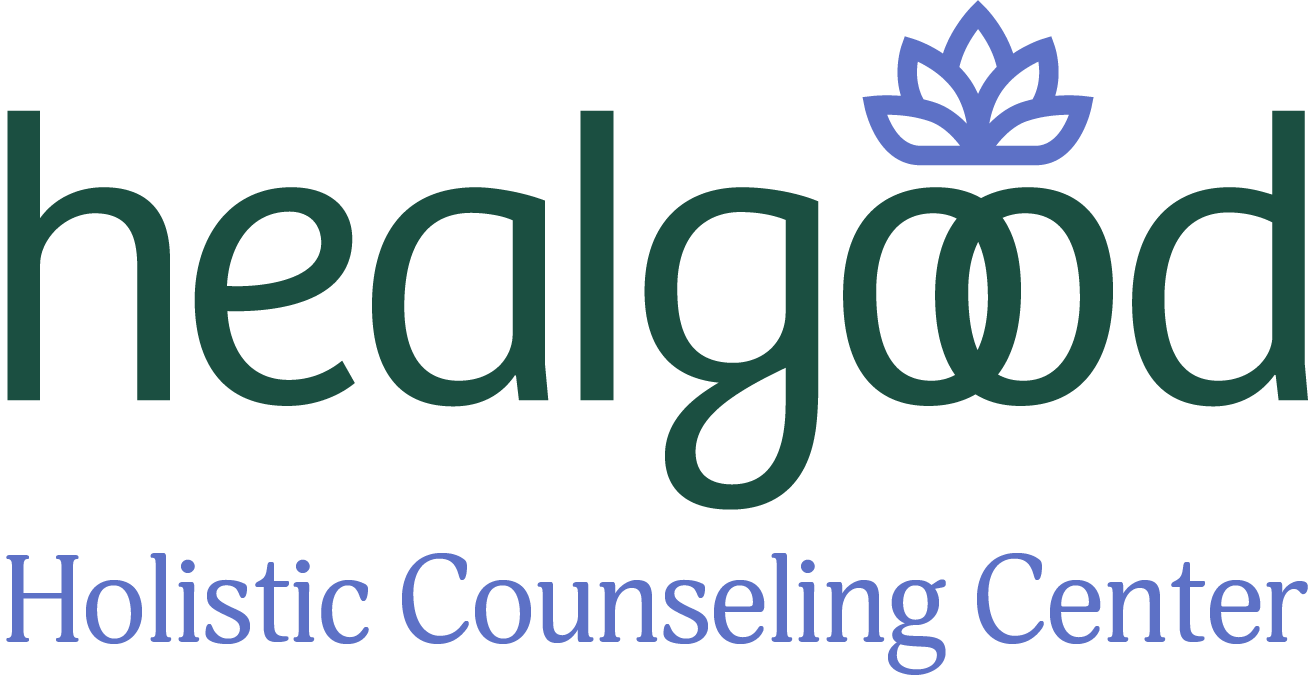Navigating Concern with Care: How to Approach Someone Suspected of Having an Eating Disorder
By Chelsea Fielder-Jenks, MA, LPC-S, CEDS-S, PMH-C
Worried about expressing your concern that someone may be struggling with an eating disorder? Instead of viewing the conversation as a “confrontation,” reframe it as “carefrontation” — it is from a place of profound care, compassion, and genuine concern about their well-being from which you are expressing your concern.
If you are concerned that someone you know may be struggling with an eating disorder (ED), sharing that concern with them can feel daunting. It can seem impossible to find the words to express your care and concern in an effective way. While you cannot control how the person responds, you can do your best to offer meaningful support and encouragement.
Below are some tips and suggestions on how to use “carefrontation” to share your concerns and help someone you suspect may be struggling with an eating disorder:
1. Educate Yourself: Before initiating a conversation, take the time to educate yourself about eating disorders. Understand the different types, common symptoms, and potential impacts on physical and mental health. It’s also important to challenge any ED stereotypes. This knowledge will empower you to approach the conversation with empathy and understanding.
2. Choose the Right Time and Place: Find a private and comfortable setting where you can have an open and honest conversation without distractions. Avoid discussing sensitive topics in public or during stressful times, as it may increase the likelihood of defensiveness or resistance.
3. Express Your Concerns with Empathy: Start the conversation by expressing your care and concern for their well-being. Use "I" statements to convey your observations and feelings without placing blame or judgment. For example, "I've noticed that you seem to be struggling lately, and I'm worried about you."
4. Focus on Behaviors, Not Appearance: Instead of commenting on their physical appearance, focus on specific behaviors or changes you've noticed. For example, you might mention changes in eating habits, excessive exercise, or comments about body image. Be specific and provide concrete examples to support your concerns.
5. Listen Actively and Validate Their Feelings: Allow the person to express their thoughts and feelings without interruption. Listen attentively and validate their experiences, acknowledging the challenges they may be facing. Avoid minimizing or dismissing their concerns, even if you don't fully understand.
6. Offer Support and Resources: Let them know that you're there to support them and that they're not alone in their struggle. Encourage them to seek professional help from a therapist, counselor, or healthcare provider who specializes in eating disorders. Offer to accompany them to appointments or help them research treatment options. See our resources listed below.
7. Respect Their Autonomy: Remember that ultimately, the decision to seek help is up to the individual. Respect their autonomy and avoid pressuring or forcing them into treatment. Offer your support and encouragement, but also recognize that change takes time and may not happen immediately.
8. Follow Up and Stay Engaged: Check in with the person regularly to see how they're doing and offer ongoing support. Be patient and understanding, recognizing that recovery is a journey with ups and downs. Continue to educate yourself about eating disorders and ways to be a supportive ally.
By approaching the conversation with compassion, empathy, and respect, you can create a safe and supportive environment for someone to seek help and begin their journey towards healing. Your care and concern can make a significant difference in their recovery process. If you are in need of further support, please reach out to us here at Healgood. Our dedicated team of counselors offers expert assessment and compassionate treatment for eating disorders. Whether you're seeking support for yourself or a loved one, know that you're not alone.
Further Resources
Related Blog
Healgood Holistic Counseling Center - Consultation & Clinical Services
National Eating Disorders Association | nationaleatingdisorders.org
National Alliance for Eating Disorders | allianceforeatingdisorders.com
International Association of Eating Disorders Professionals | iaedp.com
Central Texas Eating Disorder Specialists | CTEDS.org
Academy for Eating Disorders | aedweb.org
More at HealgoodCounseling.com/library
Resources at HealgoodCounseling.com/resources


